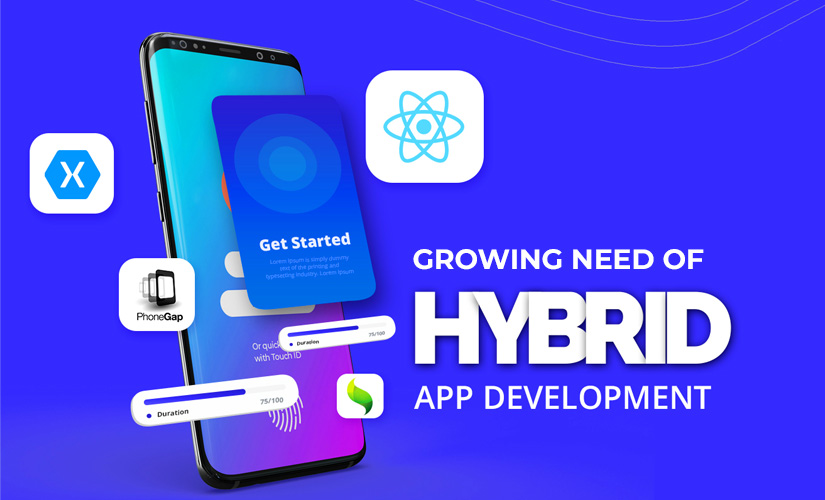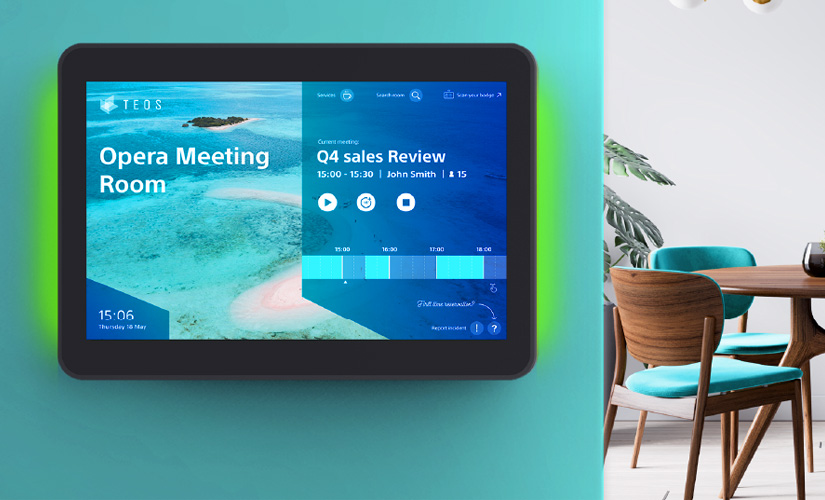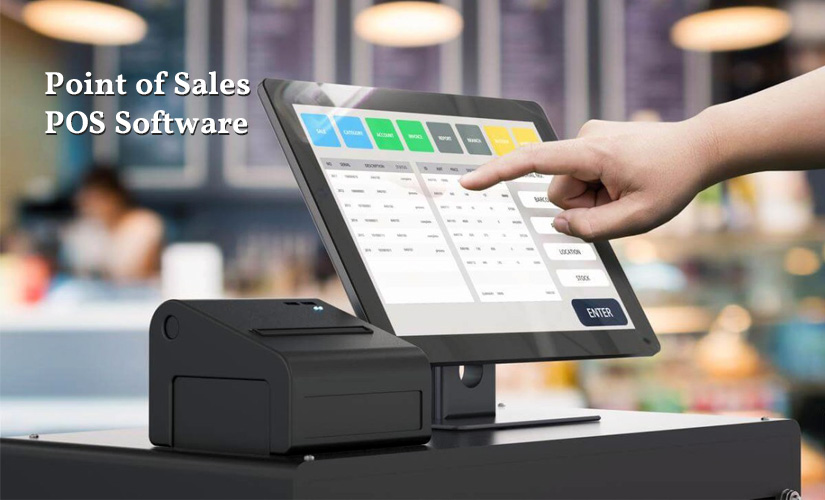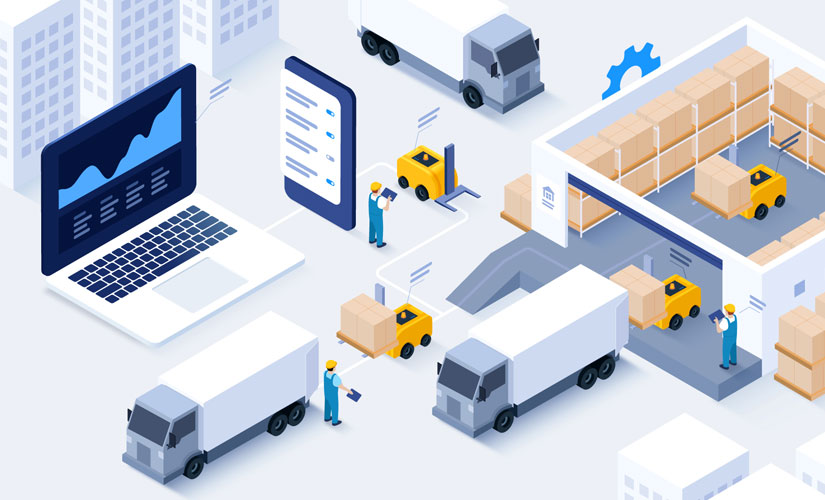What is Scheduling Management Software?
At its core, scheduling management software is a tool that automates and optimizes the process of scheduling appointments, shifts, or tasks. Businesses of all sizes use these solutions to improve efficiency, reduce errors, and ensure better workforce management. The software allows users to:
- Schedule shifts based on employee availability and preferences.
- Manage appointment bookings seamlessly.
- Automate reminders and notifications.
- Track employee hours and integrate with payroll systems.
By adopting this software, businesses can focus on core activities, leaving the hassle of manual scheduling behind.

Why Your Business Needs Scheduling Management Software
Implementing scheduling management software can transform the way your business operates. Here are some key reasons why it’s essential:
- Increased Efficiency
Manual scheduling is time-consuming and often results in mistakes. Scheduling management software automates the process, allowing you to schedule tasks and shifts quickly and accurately. This saves time, allowing managers and HR teams to focus on more strategic tasks. - Improved Communication
With features like automated reminders and notifications, both employees and clients are kept informed. Employees know their schedules in advance, and clients are reminded of upcoming appointments. This reduces confusion and missed appointments, improving overall satisfaction. - Error Reduction
Human errors like double-booking, understaffing, or overstaffing are common in manual scheduling. With scheduling automation software, you eliminate these mistakes by automatically assigning shifts based on availability and compliance with labor laws. - Cost Savings
By optimizing employee shifts and preventing overstaffing, businesses can save on labor costs. Additionally, integrating the software with payroll systems ensures that employees are paid correctly based on their hours worked. - Enhanced Flexibility
Employees can access their schedules via mobile apps, request shift swaps, and get real-time updates. This level of flexibility increases employee satisfaction, leading to reduced turnover. - Scalability
Whether you’re a small business or an enterprise, scheduling management software scales with your needs. As your business grows, the software adapts to manage an increasing number of employees, shifts, or appointments.
Best Scheduling Software Tools in 2025
Choosing the right software depends on your business needs. In Bangladesh and globally, many excellent scheduling tools are available. Let’s explore some of the best scheduling management software options in 2025:
1. Toggl Plan
Toggl Plan is ideal for small to medium-sized businesses looking for an intuitive solution. It offers drag-and-drop scheduling, team collaboration features, and integrates with other business tools. It’s perfect for teams that need flexibility and ease of use.
2. Shiftboard
Shiftboard is designed for larger enterprises with complex scheduling needs. It offers robust employee scheduling, compliance tracking, and comprehensive reporting. This tool is particularly useful for industries with hourly workers, like healthcare or retail.
3. Acuity Scheduling
Acuity Scheduling is one of the best appointment schedulers and booking apps in 2025. This tool is perfect for businesses that rely on appointments, such as salons, clinics, and consulting services. It integrates with payment systems, allowing customers to book and pay for services online.
4. When I Work
When I Work is a popular choice for businesses that need simple and effective shift scheduling. It’s particularly useful for restaurants, retail shops, and small businesses. Its user-friendly interface makes it easy for employees to view their schedules and request time off.
5. Bizimply
Bizimply focuses on shift management and staff scheduling. It’s a cloud-based tool that helps manage employees across multiple locations. This makes it an excellent choice for businesses with franchises or branches in different regions, including Bangladesh.
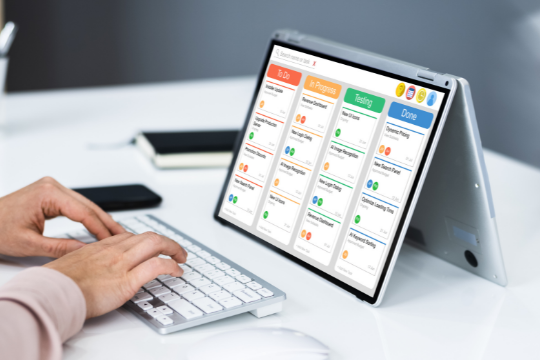
How to Choose the Best Scheduling Software for your Business
With so many options available, selecting the best scheduling software can be overwhelming. Here are some factors to consider when making your choice:
- Business Size: Small businesses may not need complex features like compliance tracking, while larger enterprises will benefit from these advanced capabilities.
- Industry: Different industries have different scheduling needs. For example, healthcare requires precise shift scheduling, while consulting firms may prioritize appointment booking systems.
- Budget: Scheduling software comes in a wide range of prices, from free tools to enterprise solutions. It’s essential to choose one that offers the best value without sacrificing key features.
- User-Friendliness: The software should be easy to use for both managers and employees. A complicated tool will lead to poor adoption rates, limiting its effectiveness.
Key Features of the Best Scheduling Management Software
When evaluating scheduling management software, look for the following essential features:
- Automated Scheduling
Automatic scheduling based on employee availability, job roles, or client preferences helps reduce the time spent on manual scheduling and increases accuracy. - Shift Management
Tools like shift management and staff scheduling software help businesses ensure proper staff coverage and adhere to labor laws. By automating shift assignments, companies can reduce conflicts and improve efficiency. - Mobile Access
In a world where mobile access is essential, your scheduling software should offer a mobile app. This allows employees to check their schedules, request time off, and swap shifts on the go. - Appointment Scheduling
For service-based businesses, having an integrated appointment scheduling system is crucial. In 2025, the best scheduling automation software also includes appointment reminders, reducing client no-shows. - Reporting and Analytics
Advanced reporting features allow you to track scheduling metrics like employee attendance, productivity, and compliance. These insights help businesses make data-driven decisions.
The Future of Scheduling Automation Software
As we look ahead, scheduling management software continues to evolve. In 2025, we expect more integration with artificial intelligence (AI) and machine learning, allowing the software to make even smarter decisions about shift planning, resource allocation, and appointment scheduling.
In Bangladesh, businesses are increasingly embracing the best scheduling management software to stay competitive. Whether you’re a startup or an established enterprise, investing in these tools will help you streamline operations and focus on growing your business.
Conclusion
Scheduling management software is no longer a luxury—it’s a necessity for businesses looking to improve efficiency and employee satisfaction. With the right tool, you can automate shift planning, manage appointments seamlessly, and reduce operational costs. By adopting the best scheduling software available in 2025, your business will stay ahead of the competition, whether you’re in Bangladesh or beyond.
Take the next step and invest in scheduling management software today to transform the way you manage your workforce.







